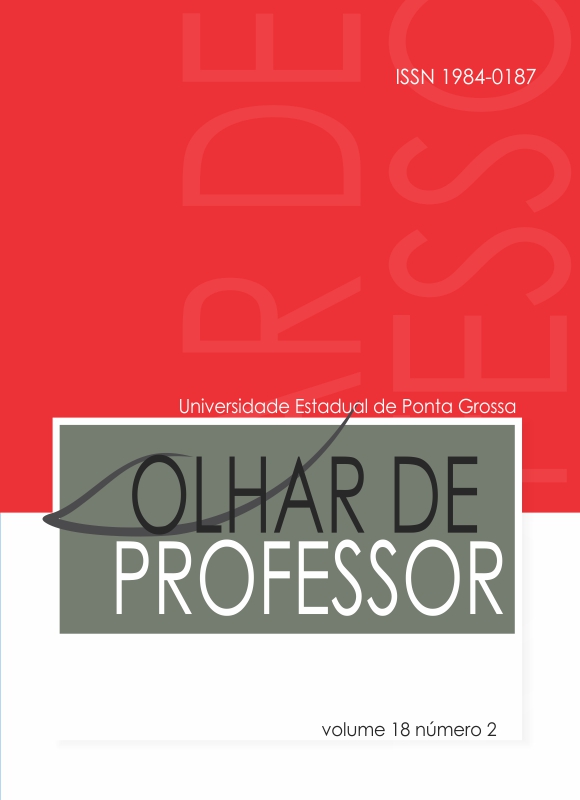A CONSTRUÇÃO DA IDENTIDADE PEDAGÓGICA NA EDUCAÇÃO DO CAMPO
Main Article Content
Abstract
Este trabalho objetivou refletir sobre a Política da Educação do Campo no Brasil e o protagonismo do homem do campo na articulação entre uma prática pedagógica problematizadora e o reconhecimento identitário dos saberes locais. Foram analisados os principais instrumentos jurídicos relacionados à construção da Educação do Campo no Brasil e artigos científicos sobre o tema. Educação é um direito publico, e há políticas públicas garantindo o acesso ao ensino obrigatório e gratuito. A Política da Educação do Campo, ao considerar as particularidades da formação humana no e do campo, valoriza a identidade e a diversidade das pessoas que vivem e trabalham no meio rural.Como estratégia direcionada às populações do campo, a adoção da Pedagogia da Alternância representa um processo dinâmico, dialógico e participativo,propiciador do empoderamento do sujeito do campo por meio da aprendizagem como experiência e vivência de e no mundo. A valorização dos diferentes saberes dos sujeitos locais faz com que a Educação do Campo seja uma política educativa identitária, que resgata elementos que privilegiem o ser humano na sua integralidade, instrumentalizando-o para intervenção e transformação da sua realidade, mas que precisa de autonomia e democracia para preservar a identidade e a dinâmica da sociedade camponesa.
Downloads
Article Details
Authors who publish in this journal agree with the following terms:
a) Authors keep the copyrights and concede the right of its first publication to the magazine. The work piece must be simultaneously licensed on the Creative Commons Attribution License which allows the paper sharing, and preserves both the author identity and the right of first publication to this magazine.
b) Authors are authorized to assume additional contracts separately, to not-exclusively distribution of the paper version published in this magazine (e.g.: publish in institutional repository or as a book chapter), with the author identity recognition and its first publication in this magazine.
c) Authors are permitted and stimulated to publish and distribute their papers online (e.g.: in institutional repository or on their personal webpage), considering it can generate productive alterations, as well as increase the impact and the quotations of the published paper.
d) This journal provides public access to all its content, as this allows a greater visibility and reach of published articles and reviews. For more information on this approach, visit the Public Knowledge Project, a project that developed this system to improve the academic and public quality of the research, distributing OJS as well as other software to support the publication system of public access to academic sources.
e) The names and e-mail addresses on this site will be used exclusively for the purposes of the journal and are not available for other purposes.

This work is licensed under a Creative Commons Attribution 4.0 International License.





